Yunnan Province, located in the southwestern part of China, is a paradise for travelers seeking diverse landscapes, rich ethnic cultures, and historical wonders. Known for its majestic mountains, ancient towns, and vibrant local traditions, Yunnan is one of the most popular destinations for both domestic and international travelers. In this guide, we’ll explore the best places to visit, how to get around, and tips to make your journey unforgettable.
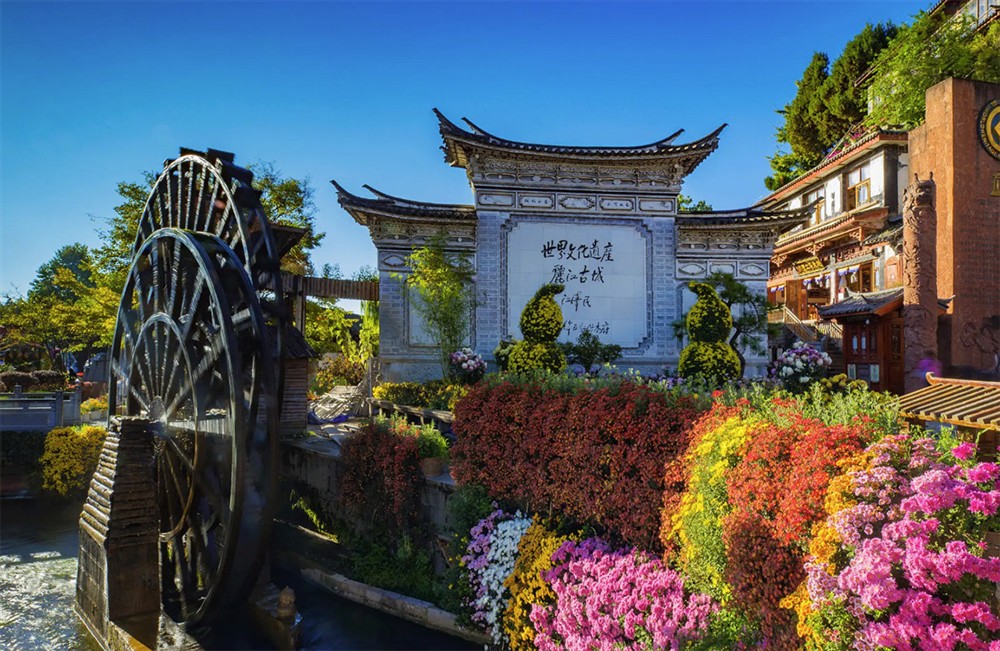
1. Best Time to Visit Yunnan
Yunnan has a diverse climate due to its varied topography, but it generally enjoys a mild, spring-like climate all year round. The best time to visit is from October to May, when the weather is most comfortable, especially for outdoor activities like trekking and sightseeing. However, the province is beautiful year-round:
- Spring (March to May): Perfect for seeing blooming flowers and lush landscapes, especially in places like Dali and Kunming.
- Summer (June to August): Expect rainy weather but lush greenery, making it great for nature lovers.
- Autumn (September to November): The most pleasant season for travel with cool temperatures and fewer crowds.
- Winter (December to February): While the north can get cold, it’s still relatively mild compared to other parts of China.
2. Top Places to Visit in Yunnan
Lijiang: Ancient Town & Natural Beauty
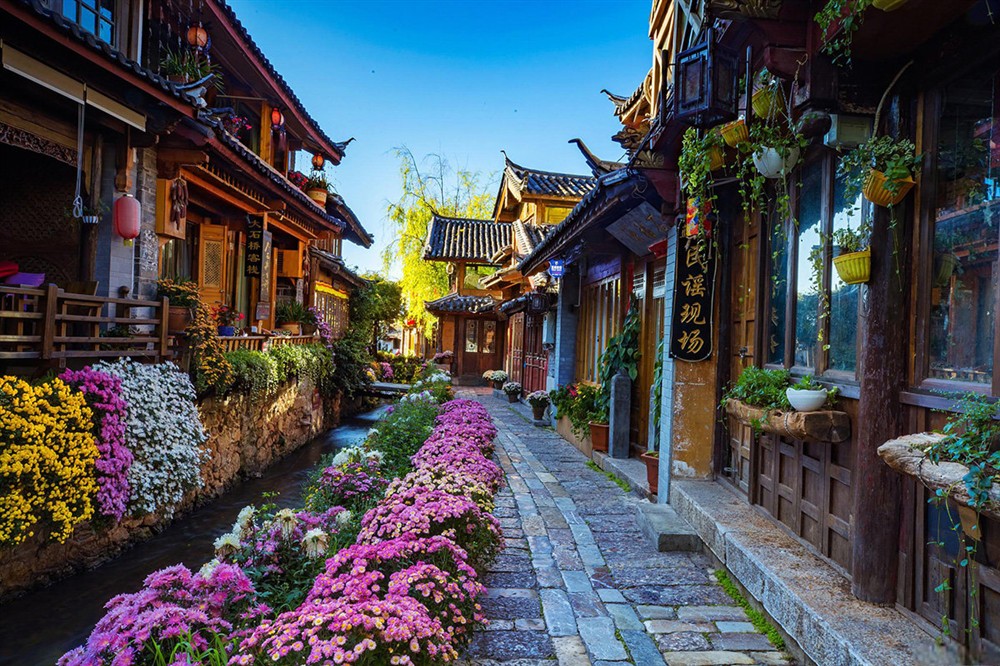
Lijiang is a must-visit destination that combines cultural heritage and breathtaking landscapes. This UNESCO World Heritage Site is famous for its well-preserved ancient town, the unique culture of the Naxi people, and the iconic Jade Dragon Snow Mountain.
- Old Town of Lijiang: Wander through cobblestone streets, wooden houses, and small canals in this beautifully preserved town. You’ll find quaint shops, cafes, and a lively nightlife in Sifang Street Square.
- Jade Dragon Snow Mountain: At 5,596 meters, this towering peak is not only a striking natural wonder but also a sacred place for the Naxi people. Take the cable car up for an unbeatable view of the glaciers and surrounding valleys.
- Baisha Village: Located near Lijiang, Baisha offers a quieter, more authentic experience with ancient murals and a slower pace of life.
Dali: Lake Views & Bohemian Vibes
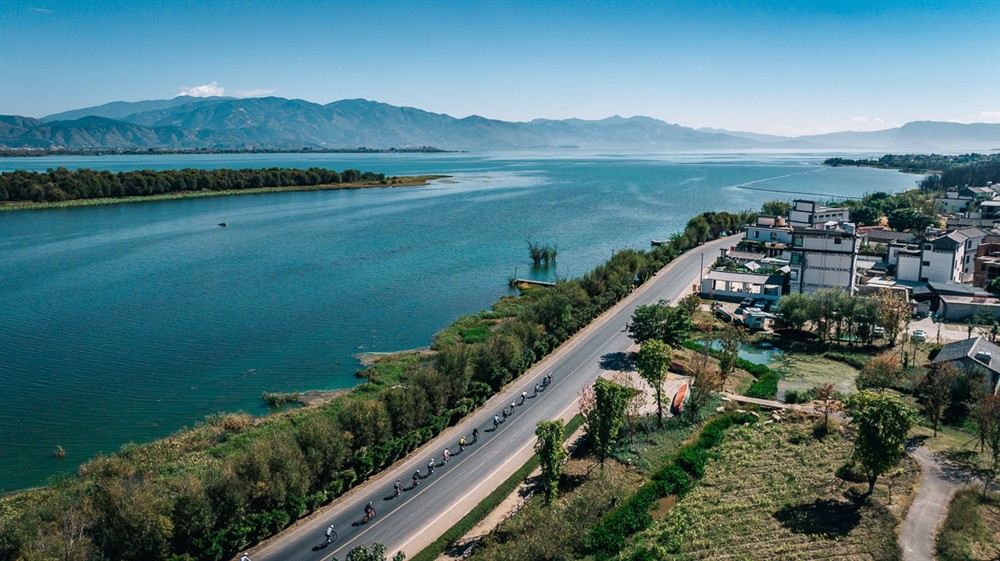
Dali, a scenic town sitting on the shores of Erhai Lake, is a popular stop for backpackers and history buffs alike. It offers a laid-back atmosphere with its rich Bai minority culture and beautiful landscapes.
- Dali Ancient Town: With its traditional architecture and vibrant markets, Dali’s Old Town is a great place to explore on foot or by bike. Make sure to try the local Bai cuisine and visit the Three Pagodas of Chongsheng Temple.
- Erhai Lake: Rent a bicycle or take a boat ride to explore this serene lake surrounded by mountains. The villages along the shore offer a glimpse into rural life.
- Cangshan Mountain: For outdoor enthusiasts, a hike or cable car ride up Cangshan Mountain will reward you with panoramic views of Dali, Erhai Lake, and the surrounding valleys.
Shangri-La: Tibetan Culture & High-Altitude Adventure
Often referred to as the gateway to Tibet, Shangri-La (also known as Zhongdian) is the place to immerse yourself in Tibetan culture and explore stunning highland scenery.
- Songzanlin Monastery: The largest Tibetan Buddhist monastery in Yunnan, this massive complex is often compared to the Potala Palace in Lhasa. It’s a peaceful place to learn about Tibetan Buddhism and enjoy views of the surrounding hills.
- Pudacuo National Park: Famous for its pristine lakes, grasslands, and forests, Pudacuo is ideal for hiking and nature photography. Don’t miss Shudu Lake and Bita Lake for some of the best views.
- Tiger Leaping Gorge: One of the deepest gorges in the world, Tiger Leaping Gorge is a trekker’s paradise. The dramatic scenery, with the Yangtze River rushing through the gorge against the backdrop of snow-capped mountains, is unforgettable.
Kunming: The Spring City
Kunming, Yunnan’s capital, is known as the “Spring City” due to its pleasant year-round climate. It’s a great starting point for any Yunnan trip, offering easy access to other major destinations in the province.
- Stone Forest (Shilin): About 90 km from Kunming, this natural wonder is a UNESCO World Heritage Site, famous for its towering limestone formations that resemble a vast, petrified forest.
- Green Lake Park: A peaceful spot in the city, Green Lake is the perfect place for a morning stroll or to watch local people practice tai chi. During winter, the park fills with seagulls migrating from Siberia.
- Yunnan Nationalities Village: For an overview of Yunnan’s diverse ethnic cultures, this village offers exhibits and performances showcasing the customs of Yunnan’s 26 ethnic minorities.
Xishuangbanna: Tropical Rainforests & Dai Culture
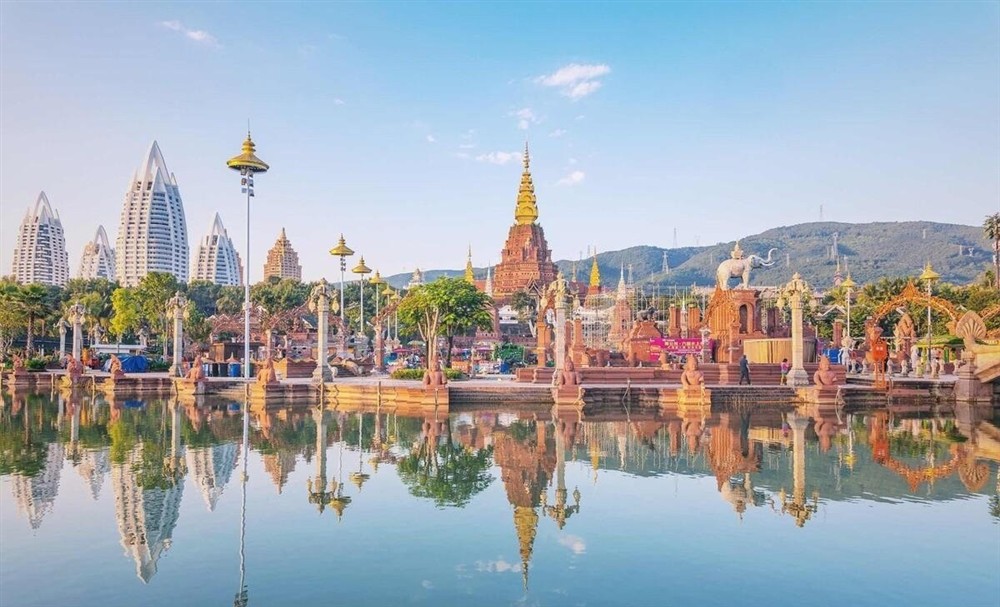
Xishuangbanna is Yunnan’s tropical paradise, bordering Laos and Myanmar. Known for its lush rainforests and unique Dai culture, this area feels worlds away from northern Yunnan.
- Wild Elephant Valley: A sanctuary for wild elephants, this park offers visitors a chance to spot these magnificent animals in their natural habitat. Elevated walkways allow for a safe and eco-friendly viewing experience.
- Jinghong: The capital of Xishuangbanna, Jinghong is a laid-back city filled with palm trees and traditional Dai architecture. Visit the Manting Park and Zongfosi Temple to learn more about local history and culture.
- Tropical Botanical Garden: Located in Menglun, this botanical garden is one of the largest in China and houses a variety of rare tropical plants and flowers.
3. Transportation in Yunnan
- By Air: Yunnan’s major cities, including Kunming, Lijiang, Dali, and Shangri-La, have airports with domestic and international flights. Kunming Changshui International Airport is the largest and busiest.
- By Train: The high-speed train network in Yunnan has improved significantly in recent years, making it easier to travel between cities like Kunming, Dali, and Lijiang. For example, the bullet train from Kunming to Dali takes about 2 hours.
- By Bus: Long-distance buses are available for more remote areas and smaller towns. While they offer a more affordable option, they can be time-consuming and less comfortable than trains or flights.
- Local Transportation: In cities like Lijiang and Dali, electric scooters and bicycles are popular modes of transportation for tourists. Taxis and ride-hailing apps like Didi are also widely available.
4. Accommodation Options
- Hostels & Guesthouses: Yunnan is popular with budget travelers, and you’ll find many affordable hostels and guesthouses, particularly in places like Dali, Lijiang, and Shangri-La.
- Boutique Hotels: For those seeking a more luxurious experience, Yunnan offers a range of boutique hotels that blend traditional architecture with modern amenities. Many are located in scenic areas, offering stunning views of mountains, lakes, or old towns.
- Ethnic Homestays: Staying with local families, especially in rural areas, offers a more immersive experience. You can learn about the traditions and daily life of different ethnic groups while enjoying homemade meals.
5. Cultural Etiquette and Local Customs
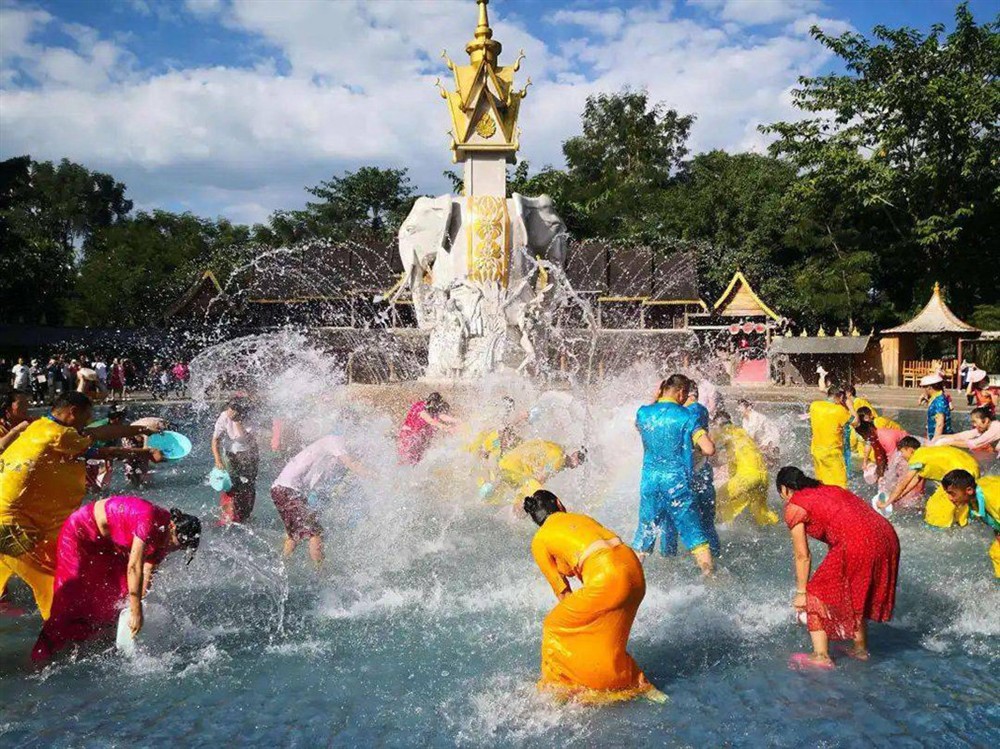
Yunnan is home to over 25 different ethnic groups, each with its own customs and traditions. Some important things to keep in mind include:
- Respect for Minorities: Many people in Yunnan, particularly in rural areas, are part of ethnic minority groups like the Bai, Naxi, Dai, and Tibetan. Be respectful when visiting religious sites, such as temples and monasteries, and when interacting with locals.
- Tibetan Areas: In places like Shangri-La, it’s important to show respect for Tibetan customs. When visiting temples, wear modest clothing and avoid taking photos inside sacred spaces without permission.
6. Food in Yunnan
Yunnan cuisine is incredibly diverse, influenced by the region’s ethnic groups and abundant local ingredients. Some must-try dishes include:
- Crossing the Bridge Noodles (过桥米线): A famous Yunnan dish made with rice noodles served with a variety of meats, vegetables, and spices in a steaming broth.
- Baba (粑粑): A type of local flatbread popular in Dali and Lijiang.
- Wild Mushrooms: Yunnan is known for its edible mushrooms, which are often cooked in stir-fries or hot pots. You’ll find a wide variety in local markets.
- Dai BBQ: In Xishuangbanna, try the local Dai-style barbecue, which includes grilled meats, fish, and vegetables seasoned with herbs and spices.
Yunnan is a land of endless discovery, where breathtaking landscapes meet vibrant cultures. Whether you’re hiking through snow-capped mountains, wandering ancient towns, or exploring tropical rainforests, Yunnan promises an adventure like no other. Be sure to plan your itinerary carefully to experience the best of this extraordinary province.

